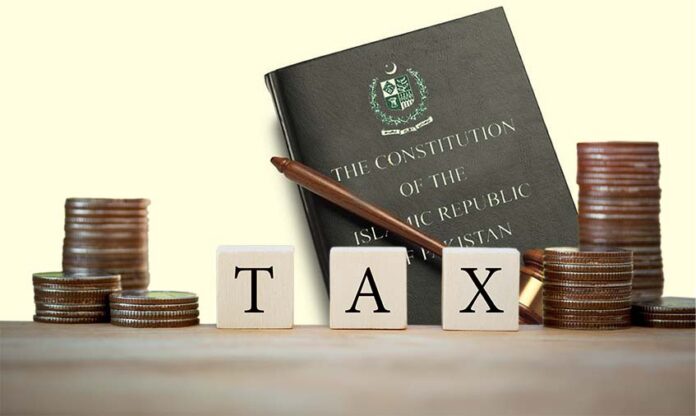It was the kind of news one can really only laugh and shake their head at. Early in the month, a report emerged indicating that salaried individuals had overtaken the country’s powerful textile industry when it came to income tax payments.
And the salaried class beat the textile sector by a pretty big margin. In the year 2023-24, income tax from the textile industry amounted to Rs 111.23 billion. In comparison, the salaried class pitched in with Rs 367.8 billion in income tax payments. That is more than three-times more than what the country’s largest sector paid.
This isn’t some coincidence of course. The burden on the salaried classes has increased at an alarming rate in recent times. The Rs 367.8 billion that were paid in income tax by salaried individuals was already up by nearly 40% from Rs 263.8 billion in the 2022-23 financial year. This contribution exceeds that of wealthy textile exporters by Rs 276.57 billion, even though they exported $16.655 billion worth of goods last year.
Put the contribution of the salaried classes to Pakistan’s tax net in context and it becomes clear just how massive it is. Out of the biggest contributors in the country, only commercial banks and petroleum products produced more tax income for the government than salaried individuals.
The banking sector contributed Rs 946.08 billion to income tax collection in FY24, a significant 66 per cent increase, from Rs 568.68 billion in FY23.
Petroleum Products were the next big contributor. And even within this, salaried individuals pay a chunk of the sales tax that is generated from these products. Petroleum products remained a significant contributor to federal taxes, generating a total revenue of Rs 1.195 trillion in the financial year that just closed, up 5% from Rs 1.138tr in the previous year. Within this sector, income tax collections rose 6% to Rs 413.48 billion, from Rs 388.75 billion in the previous year. The sales tax revenue generated from petroleum items was Rs 457.88 billion. Customs revenue from POL also rose, reaching Rs 310.62 billion from Rs 289.89 billion in the previous year. In addition to the taxes on petroleum products, the government also collects a petroleum development levy on them. The content in this publication is expensive to produce. But unlike other journalistic outfits, business publications have to cover the very organizations that directly give them advertisements. Hence, this large source of revenue, which is the lifeblood of other media houses, is severely compromised on account of Profit’s no-compromise policy when it comes to our reporting. No wonder, Profit has lost multiple ad deals, worth tens of millions of rupees, due to stories that held big businesses to account. Hence, for our work to continue unfettered, it must be supported by discerning readers who know the value of quality business journalism, not just for the economy but for the society as a whole.To read the full article, subscribe and support independent business journalism in Pakistan









